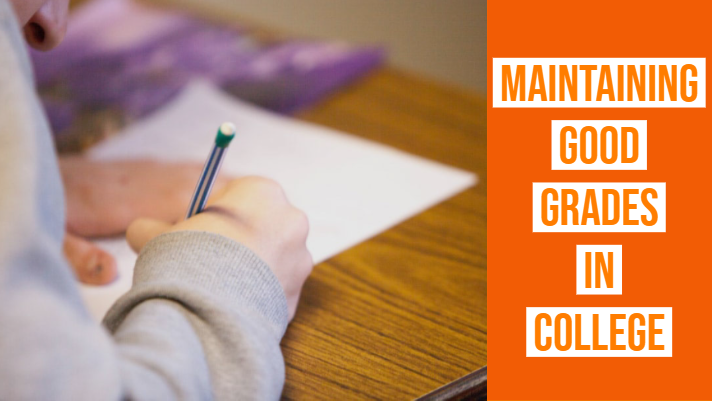
These have certainly been times of upheaval. Students were told to finish the year at home. Parents scrambled to help their teens adjust. Graduations were cancelled and even college plans are uncertain. But that doesn’t mean you can’t prepare for the day when they will leave for college.
It seems like only yesterday you are dropping your child off at their first class, and they are upset about leaving you. But now your child has decided to go off to college and will be leaving you without so much as a wave before long. But this is a wonderful testament to the job you have done as a parent up to now, and it’s hard to forget just how much you have done for them, and How they are so successful already from your support and their hard work. There are a few things you can do to make sure that you have prepared yourself for the big day, and that you don’t end up too upset when it happens. Our children taking the plunge and becoming independent is something special, and something to be proud of. So what can you do to prepare yourself for this transition?
Be proud
Be proud of your child’s achievements. Sharing this with the world and your family and friends is important, and showing your child that you are proud of them will do great things for their confidence. It isn’t always about academic achievements of course, but it does show a certain level of resilience and confidence, as well as a hard-working nature to gain a place in a college. Making sure that you don’t forget the role you have played in getting into this point, and congratulating yourself for the great support you have given your child along the way, is important. So never feel as though you are going too far by showing your pride in your children.
Prepare practicalities
Making sure that all of the practicalities such as student accommodation and the small details are covered when it comes to preparing your child for college, will give you a sense of confidence that everything is taken care of. You can, of course, continue to support your child once they have left for college, and many people do send care packages on a regular basis. But making sure that your child knows where they are going, what they are doing, and they have the support there if they need it, will help you relax and feel much better about the whole situation.
Be there
Being there when your child needs you, or even when they don’t, is all we can do. Sometimes they will act as though they don’t need any support whatsoever, and this may be true for many grown-up children spreading their wings, and if we have done our jobs correctly then they really should be quite independent anyway, but just being ready to take a call, or be there when they need you, it’s going to be the most important job you can do when your child is going off to college. Being there is our number one role once all the basics of parenting are done, we teach them everything we can to a certain age, And then must take a step back to just support when needed. You will find that even the most independent college children will feel as though they have got everything under control, but we can always be there ready to catch them if they fall.









 Do you remember the days of being in college? For the most part, it’s full of so many happy memories, life lessons, and ways of creating a future for yourself. While
Do you remember the days of being in college? For the most part, it’s full of so many happy memories, life lessons, and ways of creating a future for yourself. While